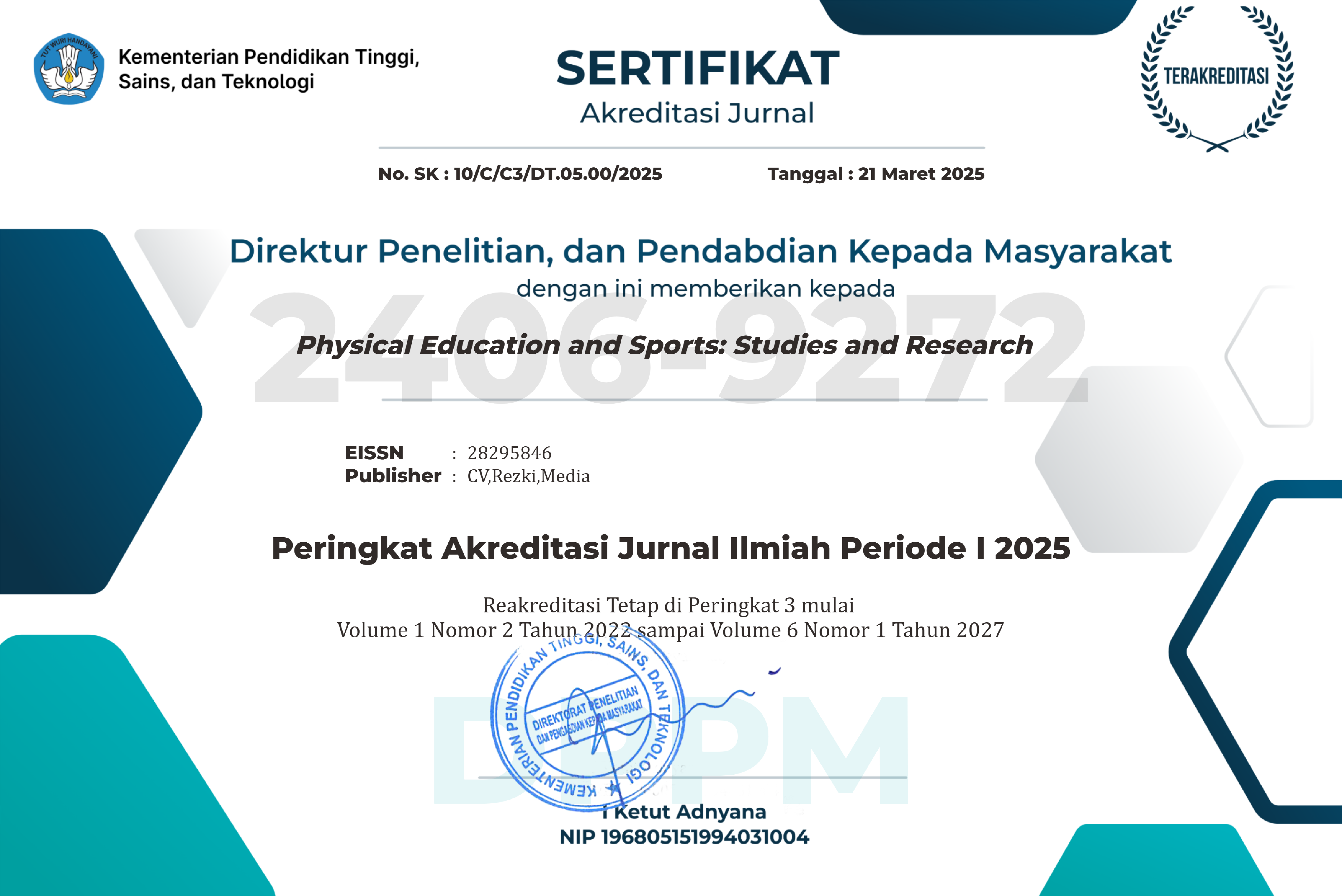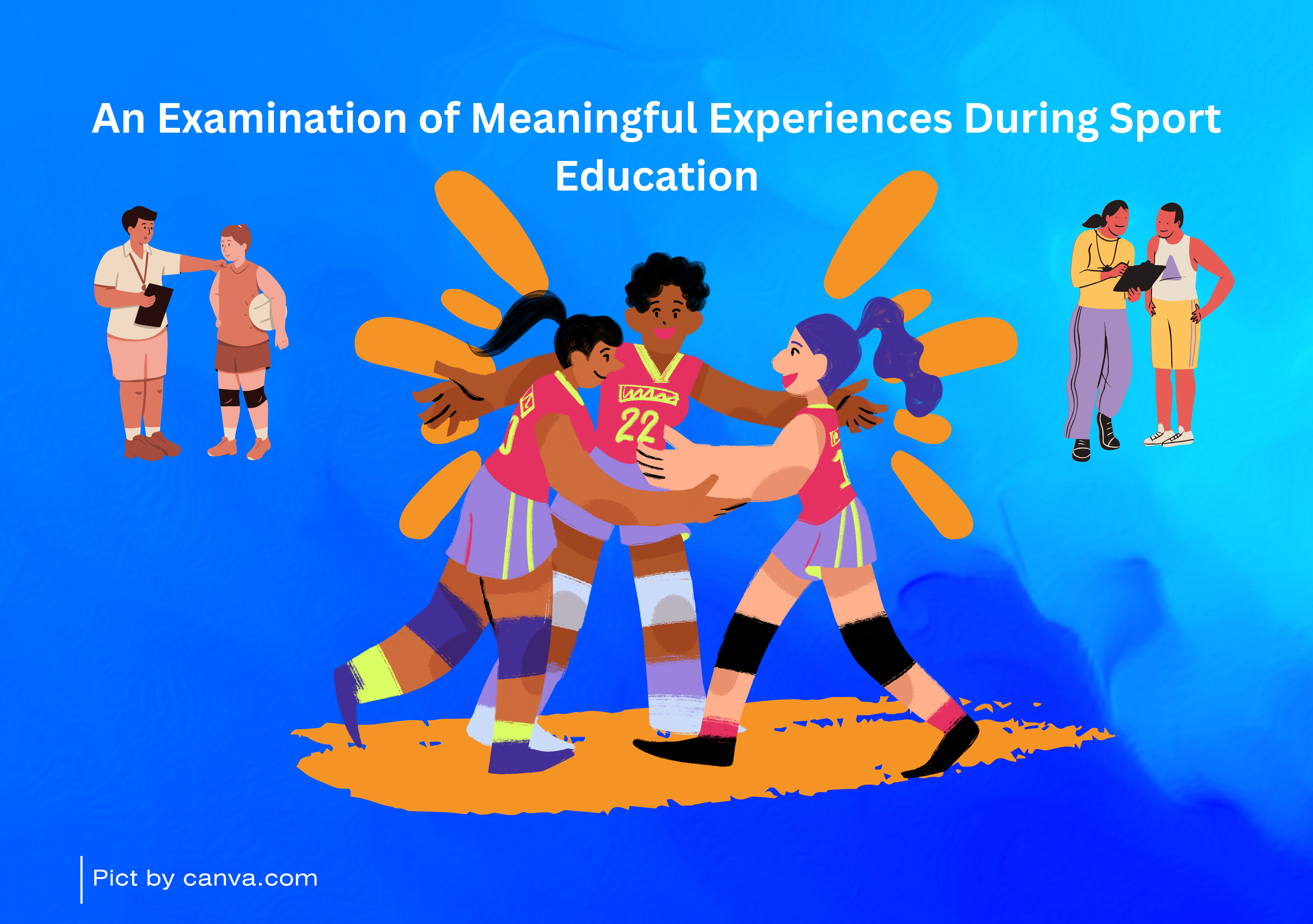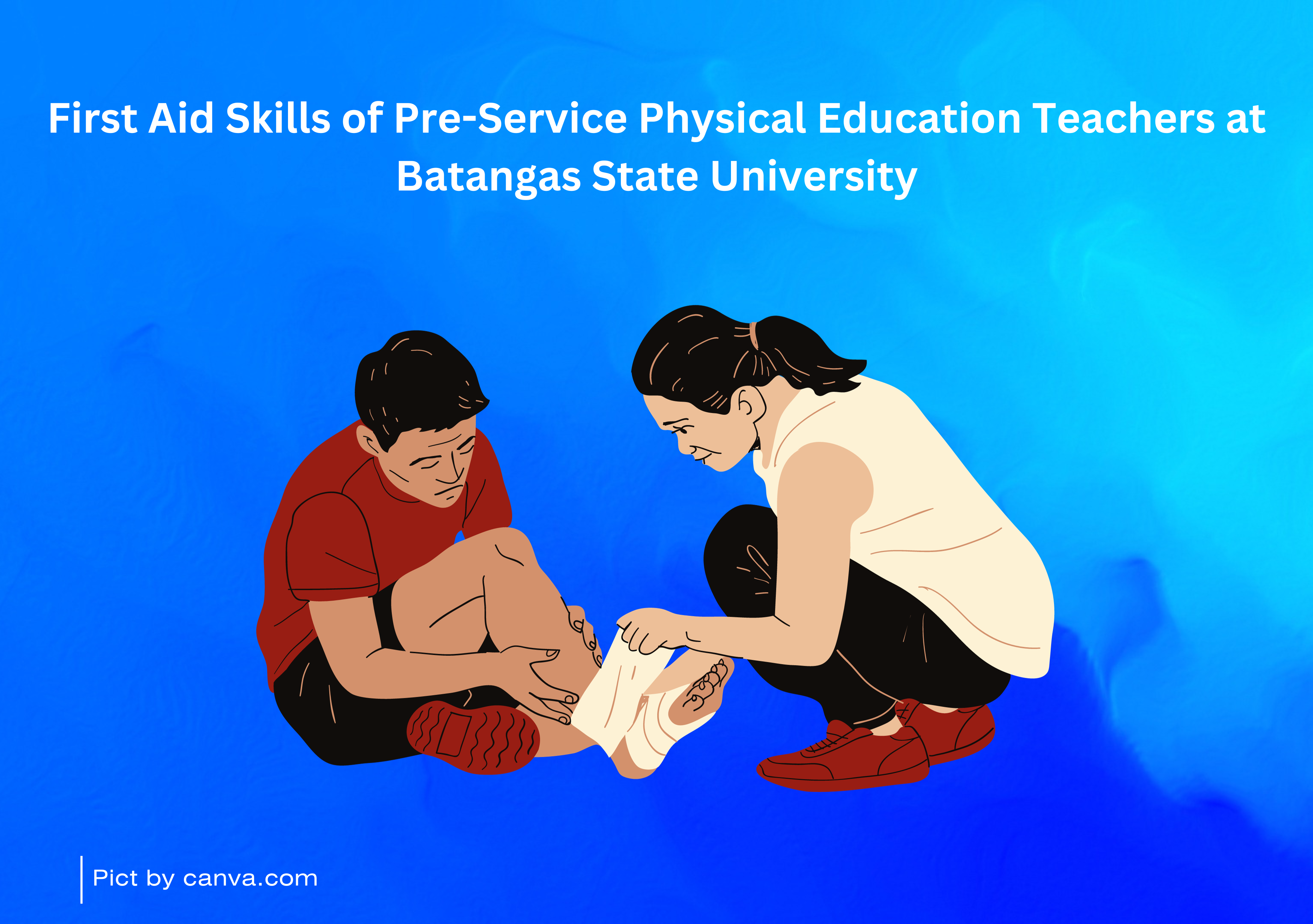Accreditation

1. Introduction
Physical Education and Sports: Studies and Research (PESSR) recognizes the transformative potential of Artificial Intelligence (AI) in scholarly publishing. From improving language clarity to facilitating data analysis and automating content creation, AI tools can benefit authors and enhance productivity. However, their use must be carefully managed to uphold academic integrity, originality, transparency, and accountability.
This policy outlines the journal's position on the ethical and responsible use of AI tools in manuscript preparation. It aims to provide clear boundaries, prevent misunderstandings, and align with the Committee on Publication Ethics (COPE) 's core practices and discussion documents on AI in decision-making.
2. Definition of AI Tools
For this policy, AI tools refer to digital systems, platforms, or software that use artificial intelligence techniques—such as machine learning (ML), natural language processing (NLP), and deep learning—to generate, analyze, translate, summarize, or modify textual, numerical, visual, or audio data in a research context.
Examples include, but are not limited to
Generative AI tools such as ChatGPT, Gemini, Claude, and other large language models (LLMs)
Writing and grammar tools such as Grammarly, DeepL Write, and Quillbot
AI-based data analysis and visualization software
AI systems are used to create images, graphs, or statistical models
Literature review and citation generators powered by AI
3. Acceptable Use of AI Tools
Authors may use AI tools for specific purposes if the following conditions are met:
a. Permissible Uses
Grammar checking, spelling, and punctuation correction
Improving linguistic clarity, style, and tone
Formatting references and citations
Conducting initial literature searches
Supporting, but not replacing, statistical analysis or modeling
Generating basic visual aids or illustrations (if ethically sourced and reviewed)
b. Restricted Uses
AI tools must not be used to:
Generate entire manuscripts or substantial portions of original content without proper attribution and critical review
Fabricate or falsify data, images, or findings
Translate texts without human verification
Automatically summarize or rephrase published works in a way that constitutes plagiarism
Create content that infringes on copyright or reproduces identifiable materials from third parties without permission
4. Responsibilities of Authors
Authors are solely responsible for all content submitted to the journal. This includes content created or modified using AI tools. Authors must:
Verify the accuracy, originality, and reliability of all AI-assisted content
Ensure the absence of plagiarism, bias, factual errors, or hallucinations
Attribute any external data, sources, or identifiable materials used or suggested by AI
Accept full responsibility for any errors, omissions, or ethical breaches resulting from AI-assisted work
Review and critically edit all outputs from AI tools to ensure they meet scholarly and disciplinary standards
5. Authorship and AI
AI tools cannot be credited as authors or co-authors. Authorship is limited to individuals who have made substantial contributions to the conception, design, execution, or interpretation of the research and can be held accountable for its content.
Including AI tools in the list of authors, author notes, or author contribution statements is strictly prohibited and may result in desk rejection or retraction.
6. Disclosure Requirements
Authors must provide a complete and transparent disclosure if AI tools were used beyond permissible uses. Disclosure must include:
The name, version, and developer or provider of the AI tool used
A clear description of the purpose and extent of its use
A statement confirming that the authors reviewed and take responsibility for all AI-assisted content
7. Location of Disclosure in Manuscripts
Depending on how the AI tools were used, the disclosure must appear in one or more of the following manuscript sections:
a. Methods Section
If the tool contributed to data analysis, figure generation, coding, or other parts of the research methodology.
b. Acknowledgments Section
If the tool was used to improve writing quality, translation, or formatting.
c. Dedicated Statement Section
Authors are strongly encouraged to include a separate section titled "Declaration of AI Tool Usage" with language such as:
"During the preparation of this manuscript, the authors used [insert AI tool name (version, and developer)] for [provide a clear description of the purposes and the extent of its use]. All AI-generated outputs were critically reviewed and thoroughly edited by the authors to ensure factual accuracy, clarity of expression, and compliance with academic standards. The authors take full responsibility for the integrity and content of this manuscript”.”
8. Editorial and Peer Review Oversight
Editors and peer reviewers will evaluate AI disclosures as part of the manuscript's ethical and methodological assessment. If undisclosed or inappropriate AI use is suspected, the editorial office may:
Request clarification or revision from the authors
Reject the manuscript
Refer the case to the institution or initiate a formal investigation if misconduct is suspected
PESSR will not rely solely on automated detection software to assess the origin of content. All assessments will involve human oversight and direct communication with authors.
9. Consequences of Non-Compliance
Failure to comply with this policy may result in:
Rejection of the manuscript at any stage of review
Retraction of the article after publication
Notification of the author's institution in cases of suspected misconduct
Banning future submissions by the author if misuse is severe or repeated
10. Appeals and Dispute Resolution
If an author disputes an editorial decision related to AI usage, they may submit a formal written appeal to the Editor-in-Chief. The appeal must clearly explain the nature of the disagreement, include evidence supporting the claim, and reference this policy. An internal ethics panel will review appeals or, if necessary, refer them to an independent COPE consultant.
11. Use of AI by the Editorial Team
PESSR does not use AI tools to make autonomous editorial or peer review decisions. Any future use of AI by the editorial team will be disclosed transparently and will always involve human verification and final decision-making.
12. Policy Updates and Author Guidance
As AI technologies continue to evolve, this policy will be regularly reviewed and updated to reflect new risks, benefits, and changing community standards. Authors are advised to consult this policy before submitting a manuscript and to contact the editorial office if unsure whether their use of AI tools is compliant.
PESSR encourages authors to embrace responsible innovation and remain committed to upholding the principles of ethical research and publication.
13. Ethical Framework and References
This policy is based on ethical guidelines and recommendations from the Committee on Publication Ethics (COPE), including.
COPE Core Practices
COPE's Discussion Document on Artificial Intelligence in Decision Making
COPE Guidelines on Authorship and Contributorship
COPE Retraction Guidelines
Authors are expected to adhere to these standards as a condition of submission to PESSR.

Editorial team Peer Reviewers Journal history Indexing Contact
Submit Aims and Scope Article Processing Charges Author Guidelines Guidelines for Reviewers Data and Reproducibility Allegations of Misconduct Complaints and Appeals Post-Publication Discussions and Corrections Aims and Scope AI Policy Peer Review Process Publication Ethics Authorship Credit Publication Frequency Plagiarism Policy
Open Access Statement Archiving Ethical Clearance Copyright Notice Retraction & Correction Licensing Terms Repository Policy Advertising Policy Direct Marketing About This Publishing System Visitors (Statcounter) Visitors (Matomo)



Articles are cited 92 times
Citations according to Google Scholar
Citation Statistic by Google Scholar Profile
| Total 13 Author's Countries | |||
| Bangladesh | (1) | ||
| Brazil | (8) | ||
| Indonesia | (102) | ||
| Italy | (6) | ||
| Malaysia | (5) | ||
| Mali | (1) | ||
| Morocco | (3) | ||
| Netherlands | (5) | ||
| Philippines | (34) | ||
| Saudi Arabia | (1) | ||
| South Africa | (1) | ||
| Spain | (1) | ||
| United States | (1) | ||



Jl. Raya Bendorejo, RT.18/RW.09, Nglembu, Bendorejo, Kec. Pogalan, Kabupaten Trenggalek, Jawa Timur 66371
